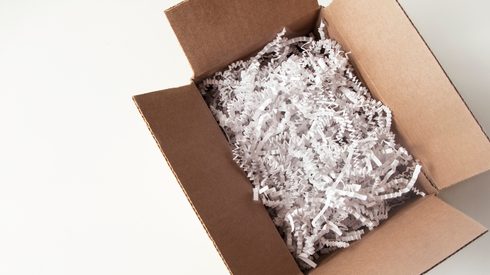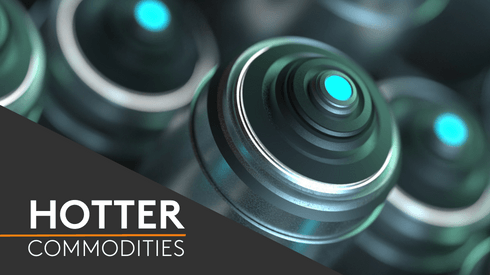Caremag, a subsidiary of French rare earths technical consultancy Carester, announced on Monday March 17 that it has secured €216 million ($235 million) to build a large-scale rare earth recycling and refining facility in Lacq, in southern France.
“This project aligns with the European Critical Raw Materials Act and represents a major step toward Europe’s independence in rare earths for permanent magnets,” Carester president Frédéric Carencotte said.
The plant, which is expected to be operational by late 2026, will recycle 2,000 tonnes of rare earth magnets and refine 5,000 tonnes of mining concentrates annually.
The plant is expected to produce 600 tonnes per year of heavy rare earth dysprosium and terbium oxides, which according to the company is around 15% of global production. China is currently the only commercial producer of heavy rare earth oxides, although there are projects underway in the US and Asia.
Dysprosium and terbium are added in trace quantities to high-performance neodymium iron boron (NdFeB) magnets to enable them to operate at higher temperatures in the drivetrains of electric and hybrid vehicles.
The plant will also produce around 800 tpy of neodymium and praseodymium oxides — the main rare earth raw material for NdFeB magnets.
The Japan Organization for Metals and Energy Security (Jogmec) and private-sector Iwatani Corporation will provide up to €110 million in equity and shareholder loans. This investment includes a long-term supply agreement to provide Japan with heavy rare earth oxides.
The French government is also playing a major role in this investment, with financial support provided from the outset in the form of subsidies and repayable advances granted under the France Relance and France 2030 project calls, as well as a Green Industry tax credit granted in July 2024, totaling €106 million.
The company entered into a long-term supply agreement in September 2024 with automaker Stellantis to secure the supply of over 3,400 tonnes of neodymium, praseodymium, dysprosium and terbium oxides, over the next 10 years. Under the terms of the deal, 36% of the rare earths will be sourced from recycled materials.
Want to learn more about the data behind this article? You can speak with our team and get a demonstration of our product.






